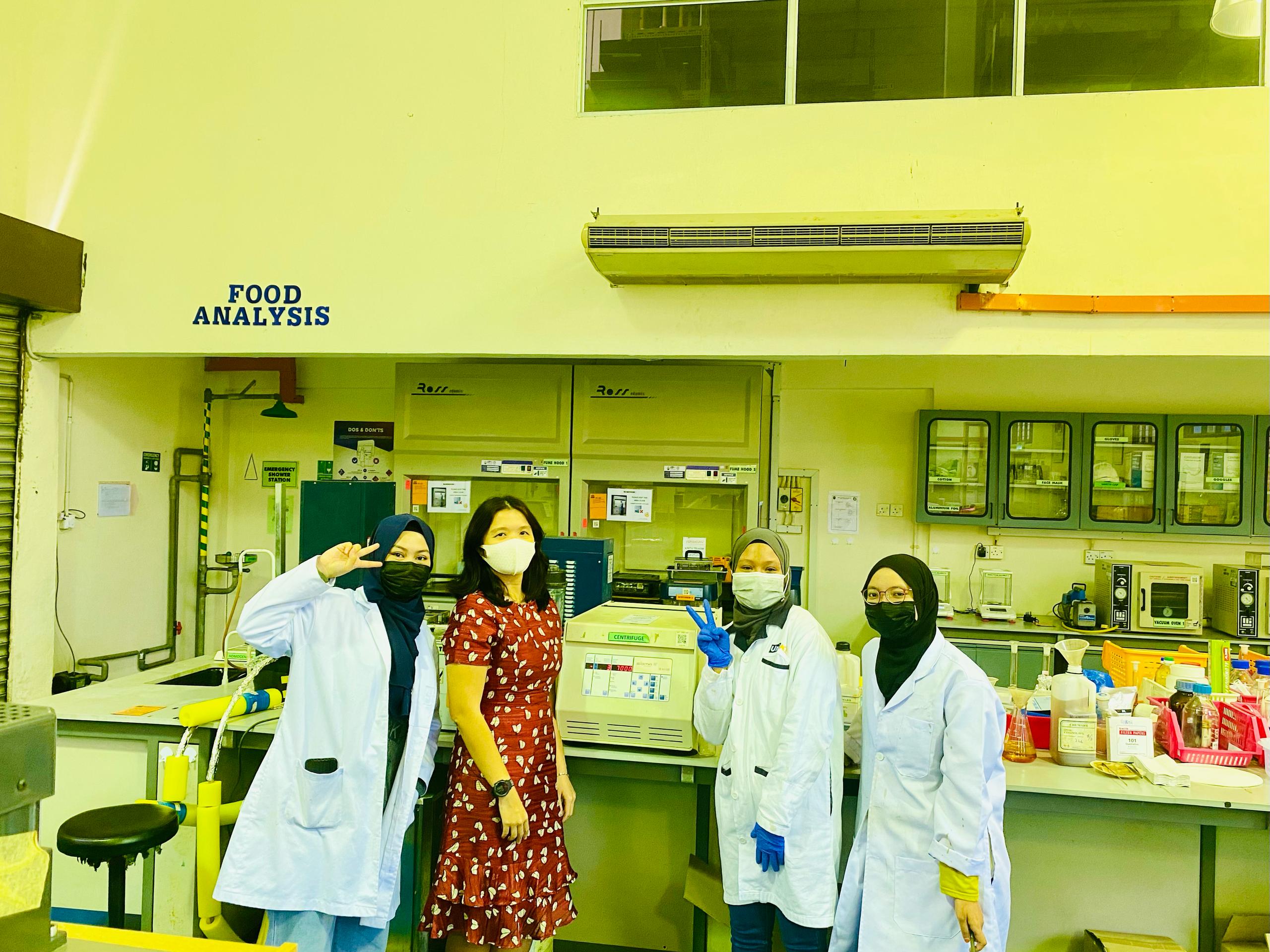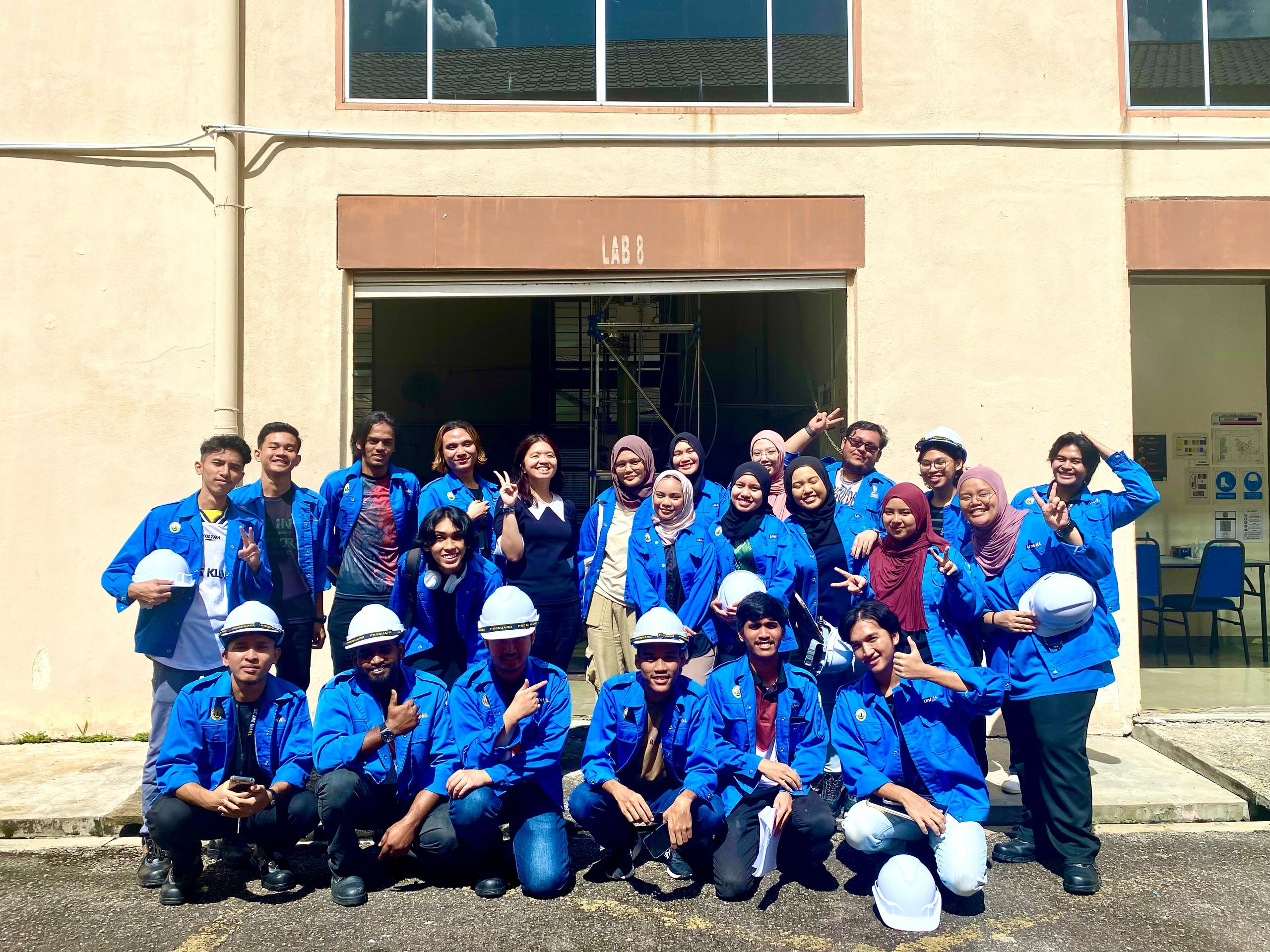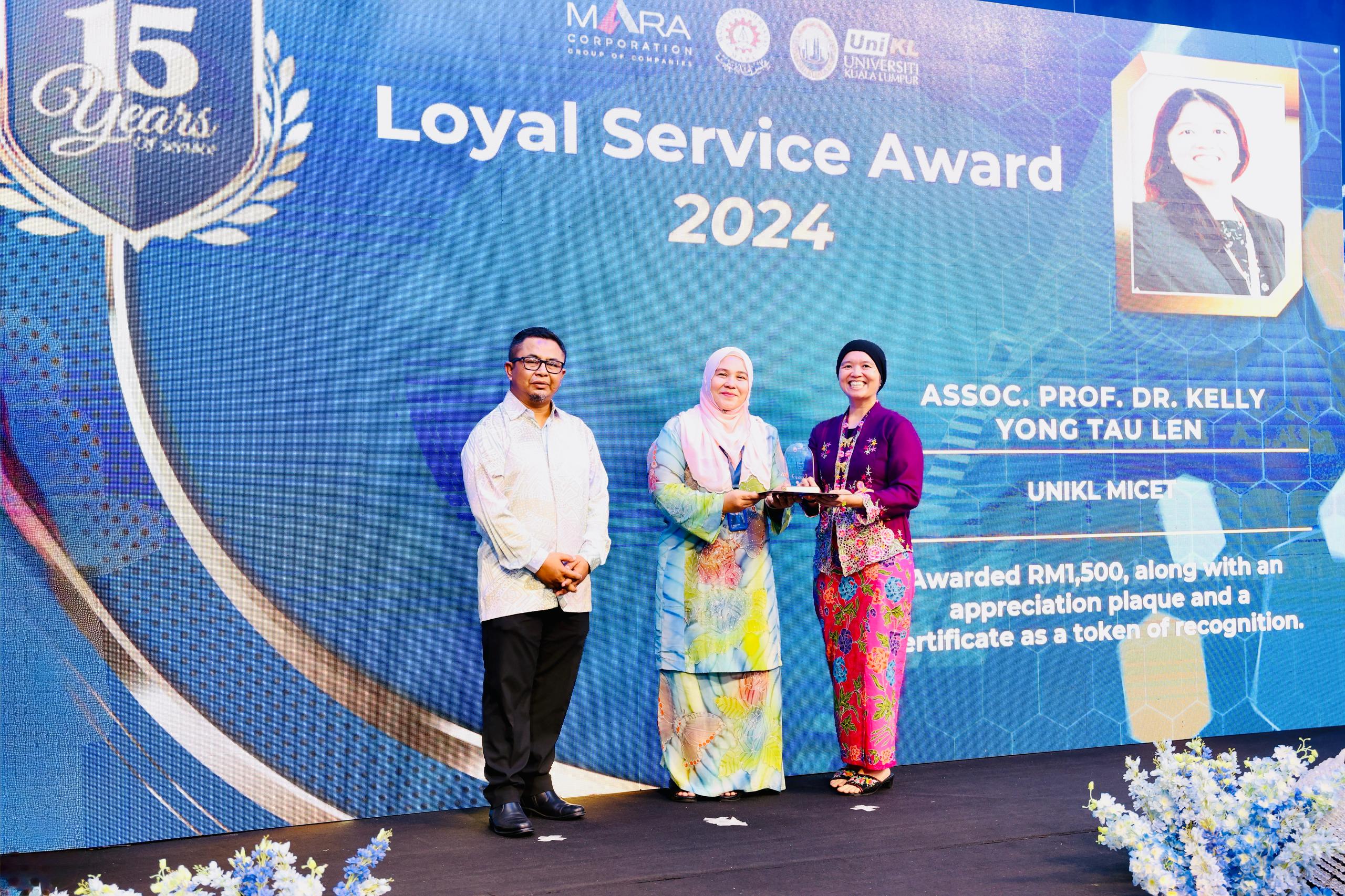An unexpected journey began with a routine ultrasound prompted by abdominal discomfort. She never knew that life could change so drastically.
For someone physically fit and agile, Assoc. Prof. Dr. Kelly Yong Tau Len, an associate professor from Universiti Kuala Lumpur Malaysian Institute of Chemical & Bioengineering Technology (UniKL MICET), said the news of her being diagnosed with stage 3C ovarian cancer came as a heart-wrenching revelation.
Prior to the diagnosis in May last year, she had completed four half-marathons with no peculiar signs or symptoms, except for mild abdominal discomfort.
“I still remember—it was 6 p.m. on a Monday. I went to the clinic for an ultrasound, thinking it might just be a minor illness.” She said that she rarely took medical leave during her 15-year academic career.
“Maybe not more than five medical leaves,” she quipped, showcasing her resilience in battling the illness. Indeed, as she said, this changed her life tremendously.
As bravely as she faces the illness, it does not break her spirit. She has come to realise that life is ever-changing and should be cherished.
Instead of living with a patient’s mindset, she changed her perspective of accepting fate. “I thought I had another 10 to 20 years to live, but life does not always go as planned.
“Having that mindset changed me—not in a way that sounds sad, but rather as an indicator for me to appreciate life more,” she added.

Despite having to endure six chemotherapy sessions, each lasting 12 hours, she does not let it weaken her tenacity as an academician and sports enthusiast.
Even during the sessions, she continued authoring research articles and published one research paper with another four pending publications.
She also maintained an active lifestyle, walking, and running between 70 and 80 km per month during treatment, as she found physical activity beneficial for her mental well-being.
“I lost my hair, which I knew was part of the process. However, losing my cognitive abilities even temporarily is something that I cannot come to terms with. If that happens, I feel like I have lost myself as a person, especially as an academician and researcher. Hence, authoring research articles during my treatment helps me mentally,” she shared.
Sympathy was something she used to find difficult to receive from others after learning about her condition.
However, instead of distancing herself from her loved ones, she embraced their support.
After all, she found comfort in it. Little did she know, her dedication as an academician had a long-lasting impact on her students.

“I received a lot of encouragement from my colleagues, friends, and—unexpectedly—my former students. I started working at UniKL in 2009, so I had students from over ten years ago. When they reached out to me, I thought most of them had forgotten me.
“I received messages filled with encouragement—something I never anticipated. You never know how much impact you have on someone. What may seem small to you could mean the world to them,” she explained.
In particular, one message remained deeply ingrained in her heart.
“I wish I had more time to prove that I could succeed more in life,” the text read.
“Then I promised him—I will hang on and see him reach the very top. I promise I will be there,” she replied to the student.
Having served UniKL for 15 years, she was recently recognised as one of the Loyal Service Award recipients earlier this year.
She realised that 15 years of service required great dedication, but this would not have been possible without the support of her friends, colleagues, and UniKL management.

“UniKL has never made me feel like I was a burden after my diagnosis. The moment I informed the Group Human Capital department about my condition, there was never a question about my work. Instead, they immediately assured me, ‘Don’t worry about work—we’ll take care of everything. Just focus on your treatment.’
“You never know how much that means until you are in that situation,” she shared.
She reflected, “Life doesn’t always give us what we want, but it provides exactly what we need.”
As she navigates this journey, she realises that instead of being angry over what she cannot control, she chooses to be grateful for the blessings she has.
“I never wished for cancer, but throughout this journey, I have found that things have been made easier for me in ways I never expected. This was possible only through the unwavering love and support of individuals who consistently stood by me. For their steadfast encouragement, I am profoundly grateful.”
















